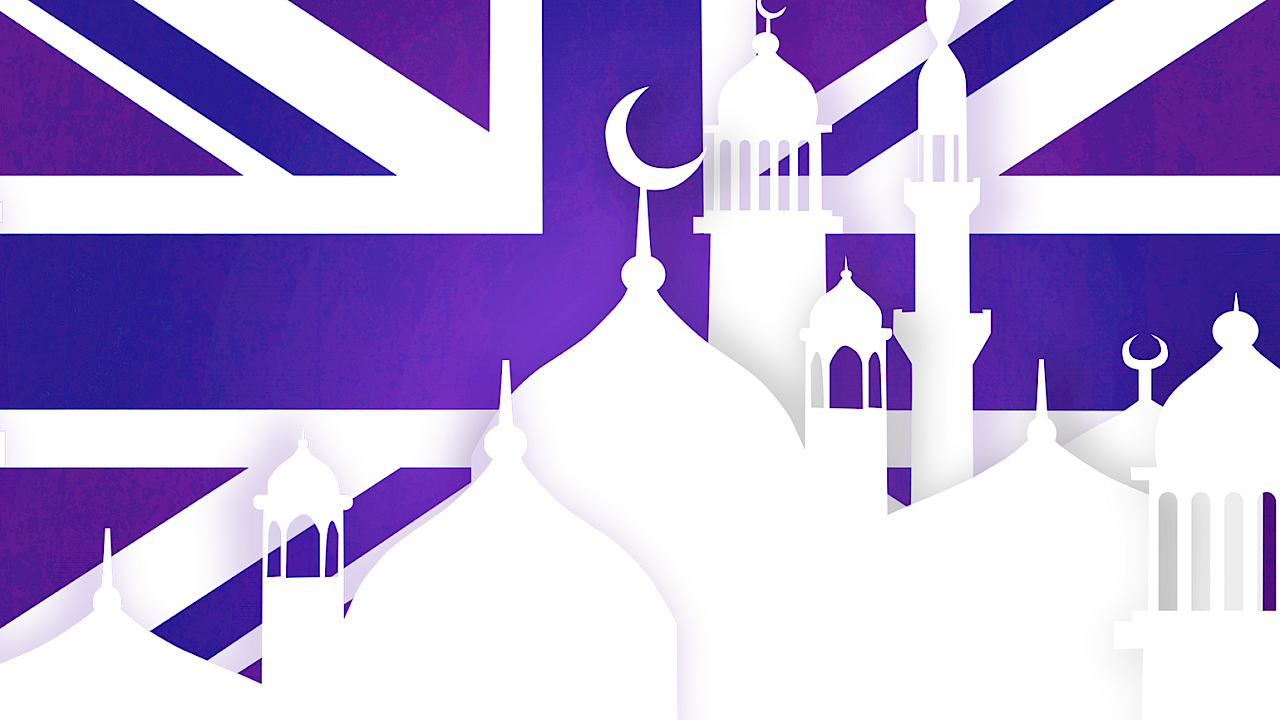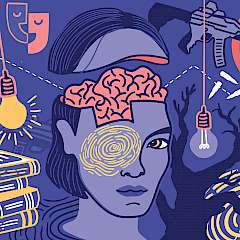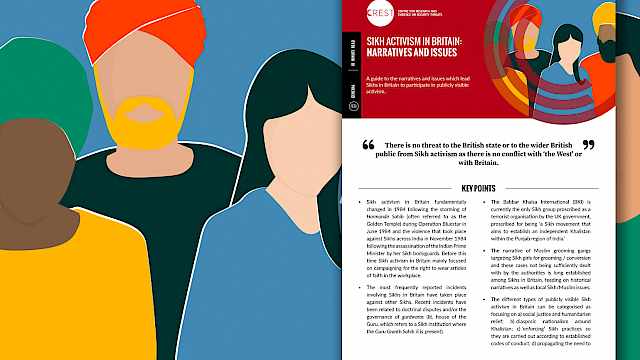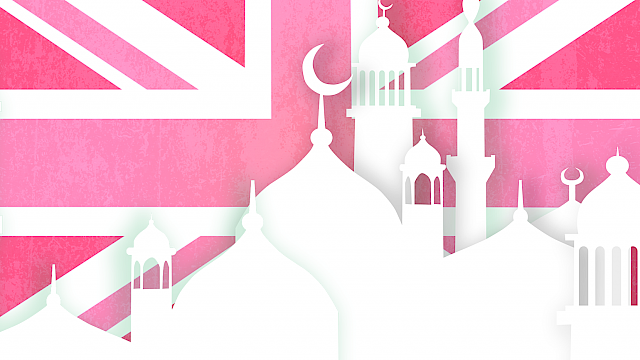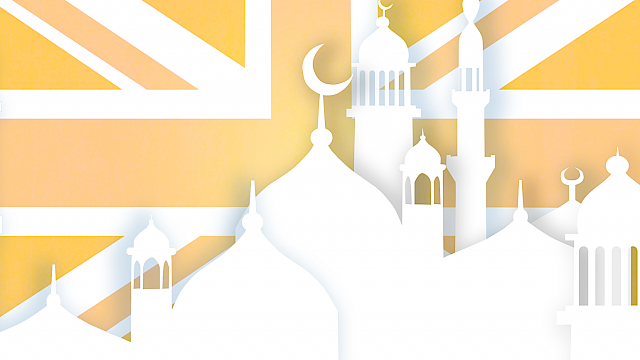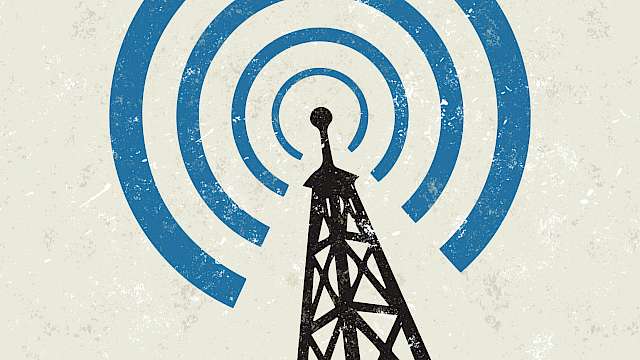The family is the most important unit within British Muslim communities. It is the place where religious and social norms and values are shared and practised
Key points
The family is important for religious and cultural socialisation. The home is an environment where norms and values are shared and reinforced, including those relating to gender.
Kinship structures and traditions vary according to country of origin and exposure to western society and culture, but tribe and clan arrangements and transnational ties remain important, especially for the first generation of migrants.
Kinship relationships had a role to play in the migration process, affecting where families chose to settle, where men worked and with whom they socialised. Extended families exchanged marriage partners as well as material goods and favours in the UK and back home.
Marriage in Islam is a civil contract between a man and a woman. Most couples in the UK have both a civil and an Islamic marriage, the former being a state requirement and the latter an important religious and social custom.
Most British Muslims marry within their own ethnic group, and many from South Asian families still marry a blood relative.
An increasing number of young Muslim women prefer to marry a Muslim from the UK on the grounds that they will be more compatible. Fewer marriages are arranged solely by parents, though parental approval is generally sought.
British Muslims are getting married older than previously, often after graduating and moving into work. Some are choosing ‘Islamic marriages’ rather than arranged ones.
Muslim marriage and divorce in the UK have come under increasing public scrutiny, with forced marriage and sham marriage criminalised, and underage marriage, polygamy and the role of Shari‘ah councils receiving media attention.
A minority of Muslim homes have separate spaces for men and women. In general, self-segregation is only practised when visitors who are not close family relatives are present. The home is often considered the domain of women and children, as opposed to public space which is seen as male. However, women increasingly participate in public life.
Family and home are where children learn to be Muslims, and where they internalise cognitive and embodied knowledge, practices, skills and traditions. Early learning may also be influenced by religious organisations and by minority-consciousness.
Muslims have been more successful than other religious groups in the UK at passing on their religious beliefs and practices from one generation to the next.
Most Muslim children in the UK learn to read the Qur’an in Arabic, at mosque school (madrasah), at the home of an independent teacher, in their own homes or on Skype.
Most Muslim supplementary schools also offer other aspects of Islamic Studies, as well as formal instruction in an ethnic language and culture.
Copyright Information
As part of CREST’s commitment to open access research, this text is available under a Creative Commons BY-NC-SA 4.0 licence. Please refer to our Copyright page for full details.
IMAGE CREDITS: Copyright ©2024 R. Stevens / CREST (CC BY-SA 4.0)
